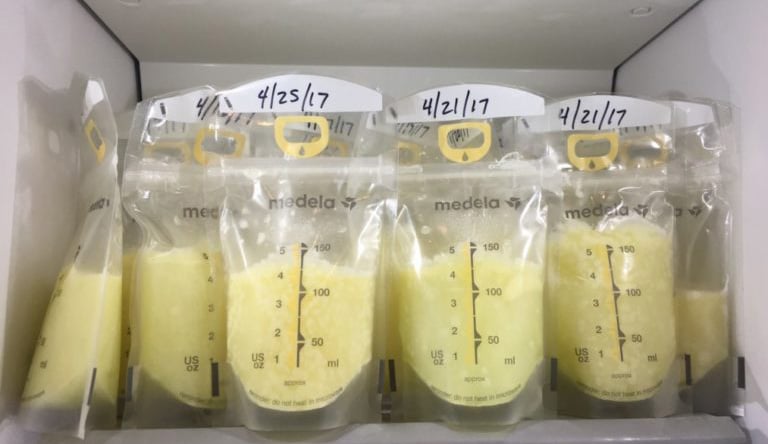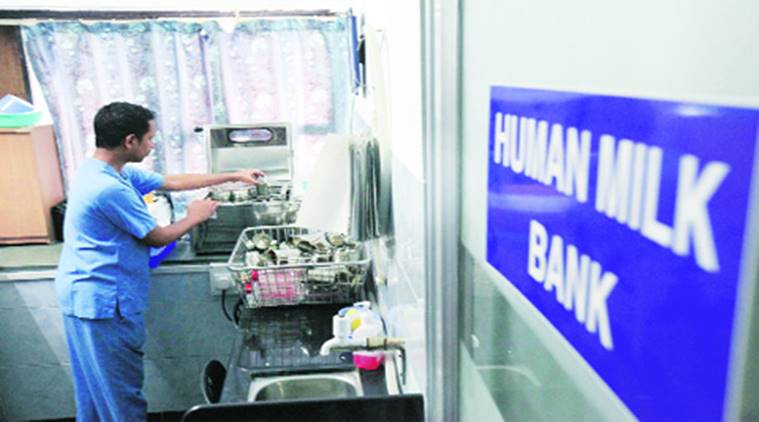
Have you ever thought how infants who lost their biological mothers at birth survive?
How do mothers who can’t breast feed take care of their infants?How can mothers who lost their infants at child birth be of help?can they be a life saver?
Nairobi Governor Mike Sonko is set to launch first ever Human milk bank in East and Central Africa at Pumwani Maternity hospital Nairobi.

The breast milk bank will help infants who lost their biological mothers,test tube babies ,adoptive parents and children who can’t breast feed under different circumstances.
Pumwani has installed a pasteuriser that can hold 9.4 million litres, two fridges and four freezers with a 240-litre capacity.
The milk is heated at 60.5 degrees Celsius for 30 minutes then suddenly cooled. It is packaged and stored, usable for six months.
“We will have a very good cold chain system during the storage to ensure as soon as the milk is out of the pasteuriser it goes straight to the fridges and freezers,” Nairobi county nutrition coordinator Esther Kwamboka said.
The freezers will have temperature monitoring both within the freezers and in the room. A technical team will always be on standby to run the machines once in a while to ensure high safety standards.

Kwamboka said the milk may lose a few micronutrients, such as heat-sensitive vitamin C, because of boiling at a high temperature.
But children will get the nutrients through supplements
The WHO has recommended that countries facilitate and expand the use of donated human milk to make it more available and accessible to babies in need.

Scientific findings and WHO recommendations aside, public doubts on the suitability of donated breast milk still persist.
According to an unpublished study carried out in Nairobi in 2016-2017 by Path and the African Population Health and Research Center (APHRC), many women view breast milk as the best food for children, but still have valid concerns about the safety of donated milk.
Chief among the women’s concerns is breast milk’s ability to pass HIV to suckling infants.
More than 500 human milk banks have been established in 37 countries around the globe including South Africa, India, France, Japan Brazil and Canada.